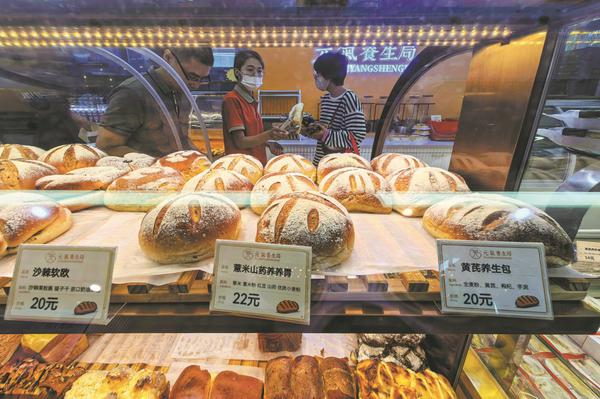 Bread infused with traditional Chinese medicine ingredients is on display at a bakery affiliated with the First Teaching Hospital of Tianjin University of Traditional Chinese Medicine in Tianjin on Sept 3, 2024. TONG YU/CHINA NEWS SERVICE
Bread infused with traditional Chinese medicine ingredients is on display at a bakery affiliated with the First Teaching Hospital of Tianjin University of Traditional Chinese Medicine in Tianjin on Sept 3, 2024. TONG YU/CHINA NEWS SERVICESoft and buttery with a creamy filling, the bread Caicai bought one recent afternoon tasted like an ordinary milk bun at first — until a subtle herbal accent emerged.
The loaves are sold at a bakery affiliated with a traditional Chinese medicine hospital in Yangzhou, Jiangsu province, and are fortified with several TCM ingredients such as Chinese angelica, tuckahoe and goji berries.
"I usually rely on TCM to regulate my overall health condition. So when I heard the hospital was selling this bread, I was immediately intrigued," said 35-year-old Caicai.
"It tasted pretty good and the price was reasonable. More importantly, I could tell it actually contained genuine TCM additives, so I will definitely buy some again," she added.
The marrying of modern food with TCM ingredients has gained traction in recent years. Catering businesses have tapped into the trend with TCM-infused ice cream and beverages like milk tea to satisfy younger palates seeking unique flavors.
A number of hospitals have jumped onto the bandwagon and their creations have turned out to be a big hit.
The Yangzhou Hospital of TCM started selling six flavors of TCM-infused bread in early April and the waiting time was as long as two hours at the outset, said Zhao Wei, deputy director of the hospital's preventive medicine center.
"We have since ramped up production and adjusted sales procedures and average daily sales are now around 3,000 to 4,000 servings of bread," Zhao said.
"A growing number of young people want to improve their health through TCM therapies, but dread the often bitter taste of herbal concoctions. So we came up with the idea of integrating ancient, classical TCM formulas into bread recipes," he added.
Each of the six flavors is priced around 10 yuan ($1.4). All TCM ingredients used are on an official list of herbal ingredients that can be used as both medicine and food.
The tender bread that Caicai favors is derived from a hair-enriching formula recorded in Bencao Gangmu, or Compendium of Materia Medica, a medical encyclopedia compiled by Li Shizhen, a renowned herbalist from the Ming Dynasty (1368-1644).
Another creation is a scone containing eight TCM ingredients, including ginger, licorice, dried tangerine peel and date. It is inspired by another ancient formula originally designed to alleviate fever, agitation, thirst and other conditions.
Media reports show that hospitals in Tianjin and the southwestern province of Guizhou — as well as Tongrentang, a leading TCM brand — are selling TCM-infused bread products and winning the hearts of customers.
Wang Yi, director of the diet therapy and nutrition department at Beijing-based Guang'anmen Hospital of the China Academy of Chinese Medical Sciences, said these TCM-infused foods build on a TCM practice known as yao shan, or medicated diet, where ingredients serve both nutritional and medicinal purposes.
According to the National Administration of Traditional Chinese Medicine, medicated diets have been incorporated into over 400 TCM treatment protocols, 50 TCM nursing guidelines and 20 TCM preventive medicine guidelines.
Wang said that as public health awareness grows in China, medicated foods are gaining wider recognition.
"The medicated diet system not only helps enhance public health, prevent disease and reduce healthcare costs, but also drives economic growth as it spurs growth in agriculture, industry and services," she said.
However, Wang emphasized that TCM food production must comply with national regulations, including being in compliance with the list of dual-purpose TCM ingredients.
It is also important to follow basic TCM principles and take individual health conditions and regional environments into consideration when consuming such products.
With the arrival of summer's scorching heat, Zhao said that the hospital is developing mung bean-based items that can help relieve heat and excessive perspiration.
A greater variety of foodstuffs, such as salads, lollipops and a growing number of beverages, are also in the pipeline, he said.














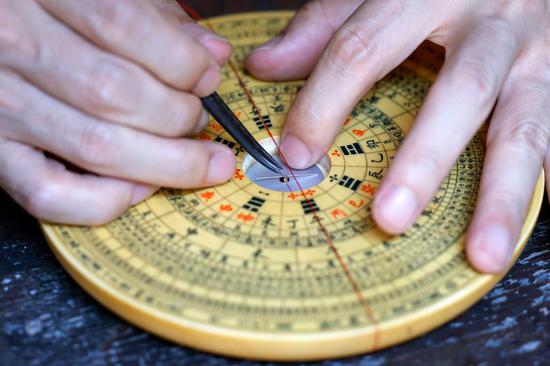

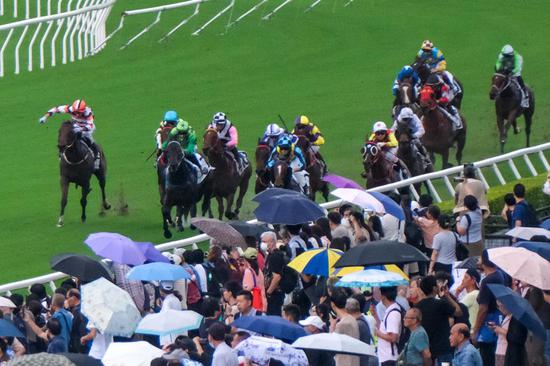

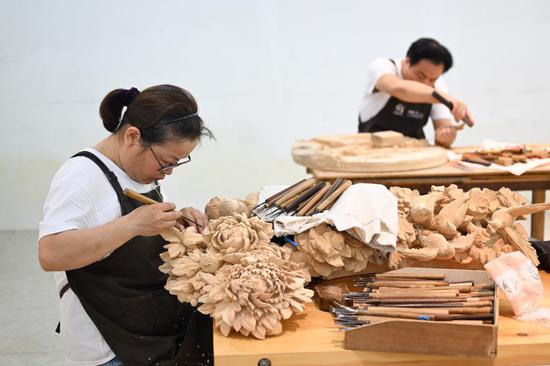


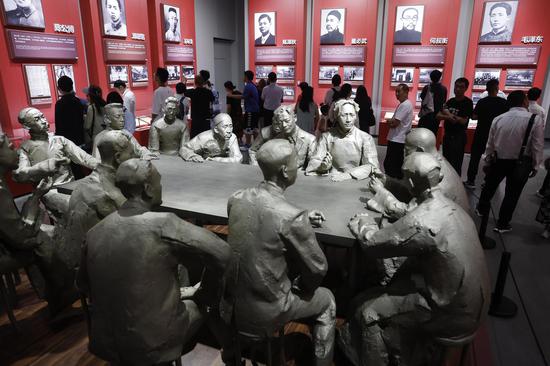

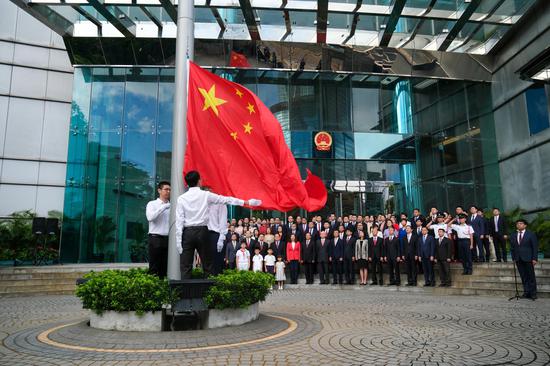
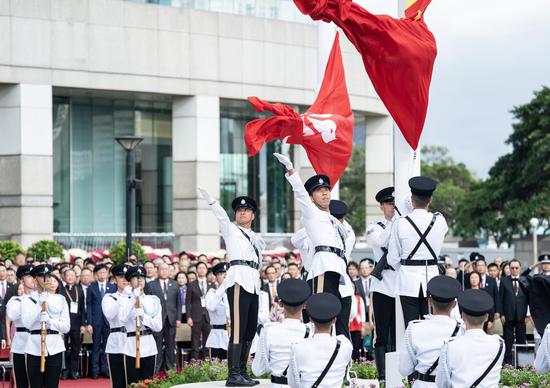




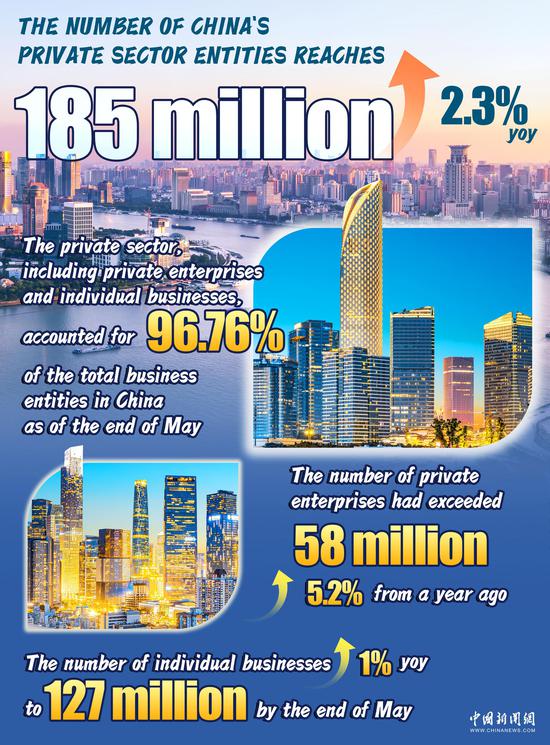



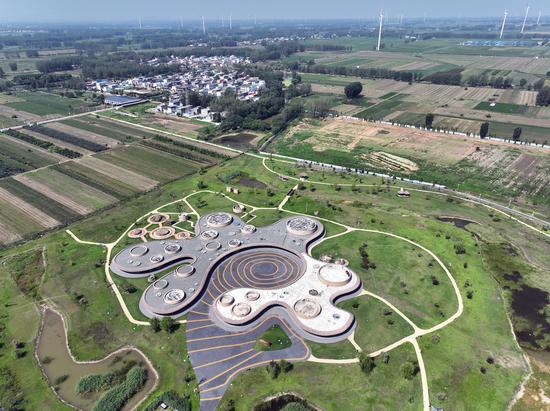
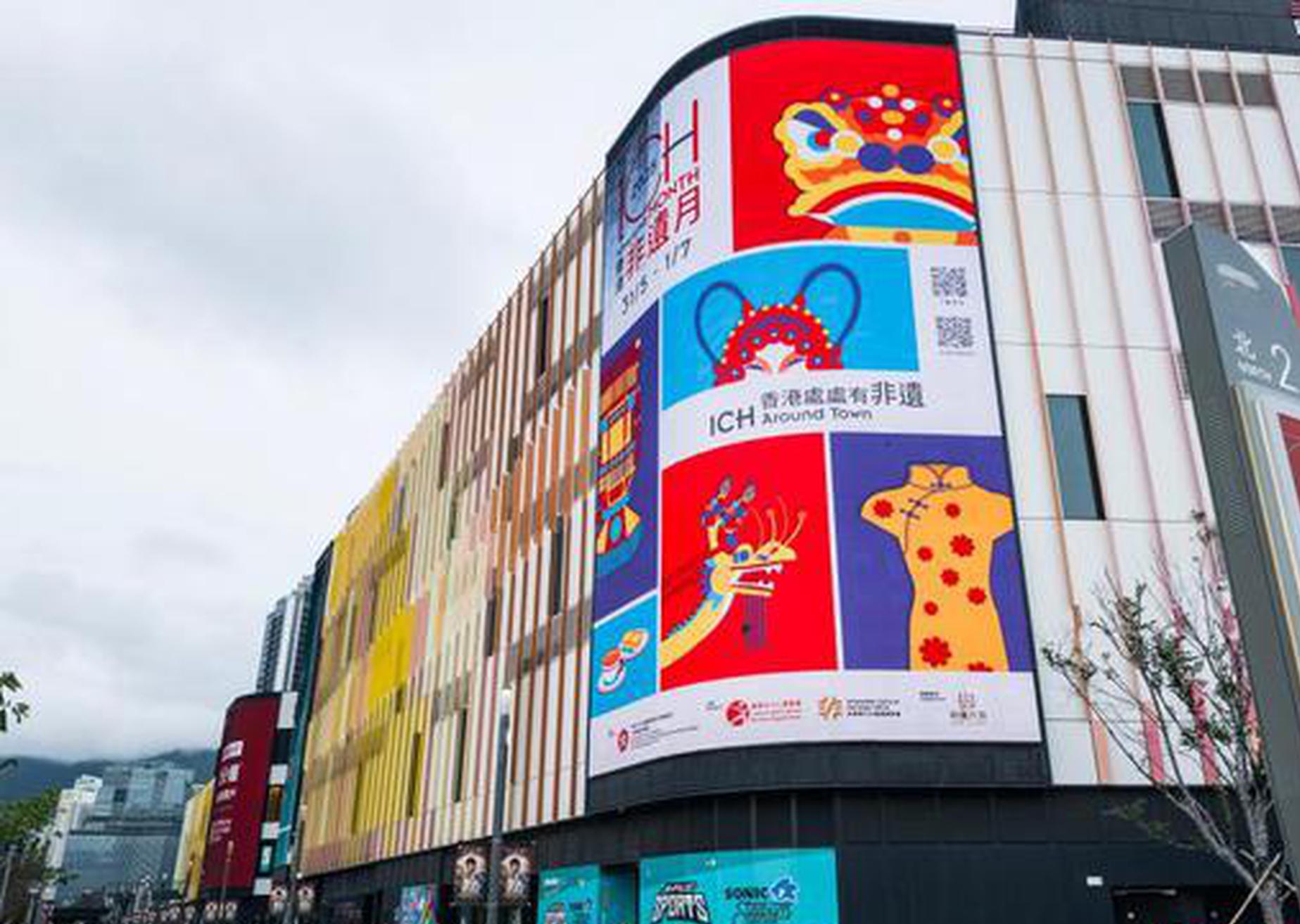








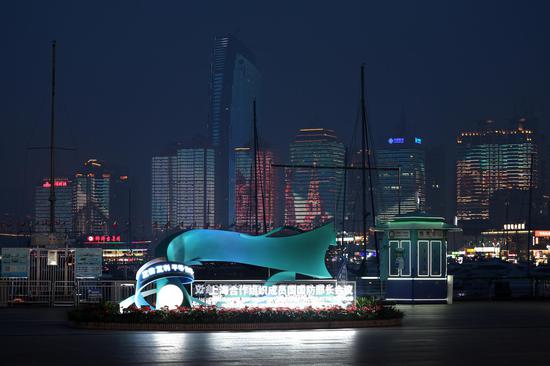






 京公網(wǎng)安備 11010202009201號
京公網(wǎng)安備 11010202009201號